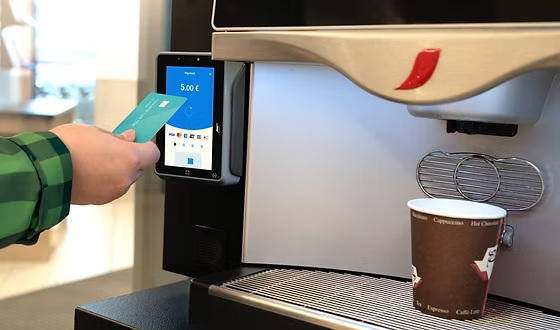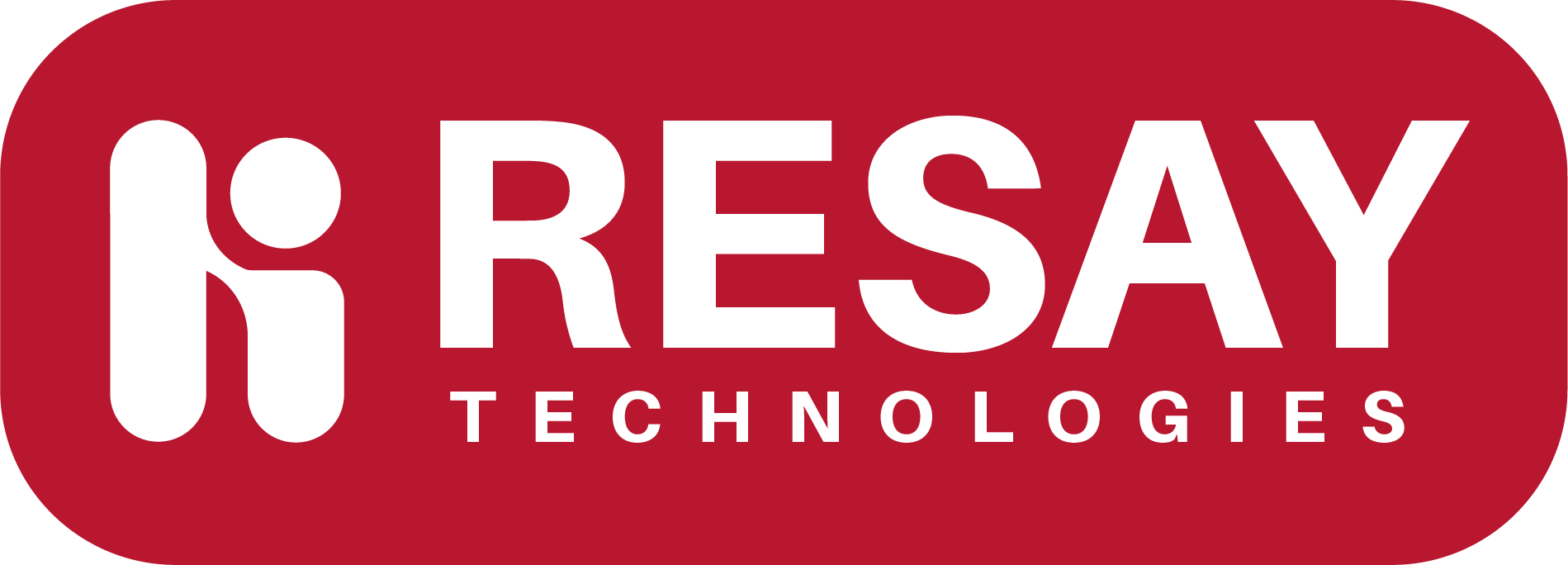Posted by:
Category:
Comments:
Post Date:
What Is a POS Terminal? A Complete Guide for Modern Businesses

In today’s fast-paced retail and service environments, having the right tools to process transactions efficiently is essential. One such tool that plays a critical role in modern commerce is the POS terminal. But what exactly is a POS terminal, and why is it so important to your business operations?
This guide will explain what a POS terminal is, how it works, its key features, and the benefits it brings to businesses of all sizes.
What Is a POS Terminal?
A POS terminal (Point of Sale terminal) is a hardware device used by businesses to accept and process payments from customers. It serves as the central hub for completing sales transactions—scanning items, calculating totals, applying discounts, processing payments, and issuing receipts.
POS terminals are widely used in:
- Retail stores
- Restaurants and cafés
- Hotels
- Salons and spas
- Service providers
- Event venues
POS Terminal vs. POS System
While the term POS terminal refers specifically to the hardware device, a POS system includes both the terminal and the accompanying software that manages sales, inventory, customer data, and more.
How Does a POS Terminal Work?
A POS terminal typically includes the following components:
- Touchscreen display or interface
- Barcode scanner
- Receipt printer
- Cash drawer
- Card reader (chip, swipe, or contactless/NFC)
Here’s how it works:
- The cashier scans items or inputs services into the POS software.
- The POS terminal calculates the total, including taxes and discounts.
- The customer pays via card, cash, or digital wallet.
- The terminal processes the payment securely through a payment gateway.
- A receipt is generated and issued to the customer.
- Sales and inventory data are updated in real-time.
Key Features of a POS Terminal
A modern POS terminal offers more than just payment processing. Key features include:
- Multiple payment options (credit/debit cards, mobile payments, contactless)
- Inventory tracking and stock alerts
- Sales reporting and analytics
- Customer relationship management (CRM)
- Employee management and permissions
- Integration with accounting and e-commerce platforms
Types of POS Terminals
There are several types of POS terminals to suit different business needs:
1. Fixed POS Terminals
Stationary systems typically found in retail stores or restaurants, offering robust features and accessories.
2. Mobile POS Terminals
Compact, wireless devices that allow you to take payments anywhere—ideal for pop-up shops, food trucks, or delivery services.
3. Smart POS Terminals
All-in-one Android-based terminals with touchscreen displays, advanced apps, and cloud connectivity.
Benefits of Using a POS Terminal
✔ Faster Checkout
Speed up transactions and reduce long queues with efficient payment processing.
✔ Increased Accuracy
Minimize human error in pricing, inventory, and customer data.
✔ Enhanced Customer Experience
Offer multiple payment options and personalized service.
✔ Real-Time Business Insights
Track sales performance, employee productivity, and inventory levels with built-in analytics.
✔ Scalable and Customizable
Whether you’re a small startup or a large enterprise, POS terminals can scale with your business needs.
Choosing the Right POS Terminal
When selecting a POS terminal, consider the following:
- Type of business and transaction volume
- Required features (inventory, CRM, etc.)
- Connectivity (Wi-Fi, Bluetooth, 4G)
- Ease of use and training
- Security compliance (PCI DSS)
- Budget and ongoing support
A POS terminal is more than just a payment processor—it’s a powerful business tool that can streamline operations, improve customer satisfaction, and drive growth. Whether you’re managing a retail shop, restaurant, or mobile service, choosing the right POS terminal is key to running an efficient and profitable business.
